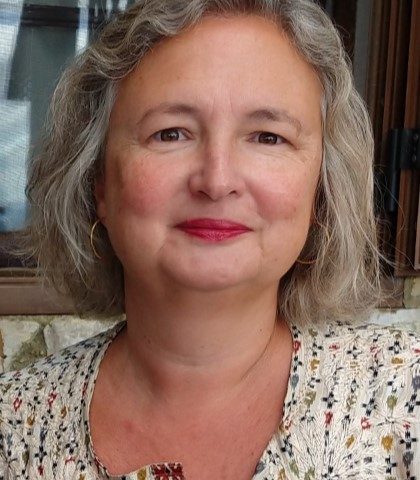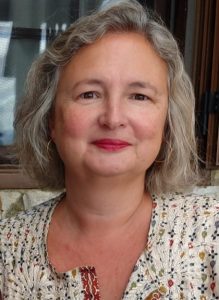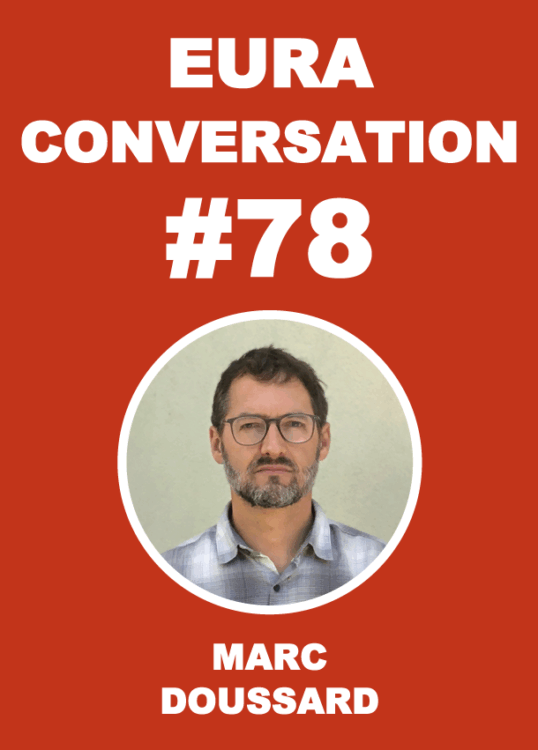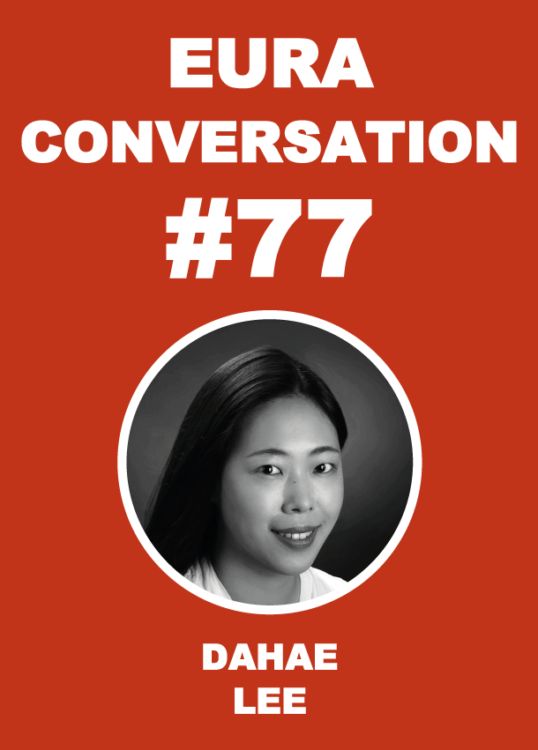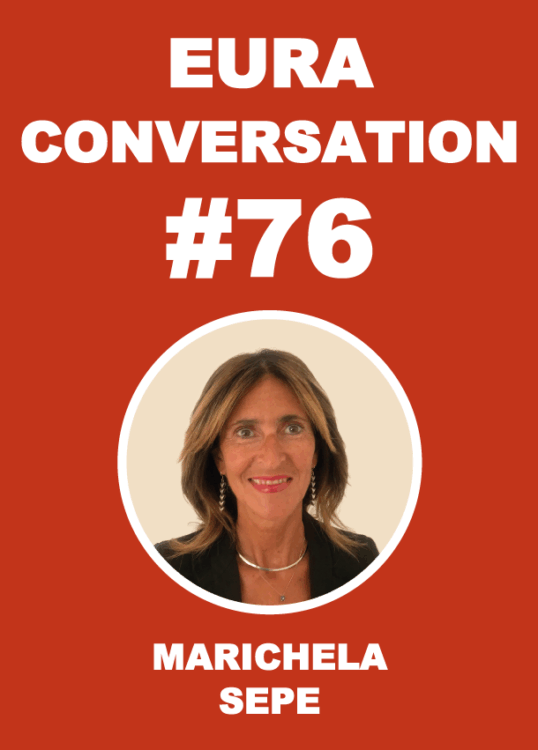
DAStU, Polimi PhD programme – Call for applications
22/04/2021
EURA 2021 – Conference programme
26/04/2021Portuguese municipalities and education in times of pandemic
EURA Conversations Post #23 – 26 April 2021
Maria Antónia Pires de Almeida, Researcher at CIES, ISCTE, University Institute of Lisbon
In Portugal municipalities are responsible for school infrastructures and staff, whereas teachers are provided by the Ministry of Education. In face of the Covid-19 pandemic, a state of emergency was declared on March 18th, 2020. Schools and universities were closed, and online teaching was enforced, as well as a state program for TV-schooling. It went on for the remaining of the school year, except for the last two grades of high school, whose students returned to schools on May 18th, in preparation for exams. Municipalities were faced with new challenges regarding education. Two case studies of municipal actions in this area are presented in order to raise awareness of the role schools play not only in providing knowledge, but as a driving force for social development and stability.
The first action in all municipalities regarded school meals: the existing program which provided free lunches for low income students remained throughout the whole period of lockdown. For some schoolchildren this is the only meal of the day. With schools’ closure, families picked up their children’s lunch bags by school gates.
Keeping in mind that schooling is mandatory and must be enforced, locating students and providing for their education, nourishment and special needs was met by a joint effort of teachers, families, municipalities, civil parishes and the police.
In Setúbal, an industrial city South of Lisbon with 125,000 inhabitants, 31 per cent of the school population is covered by social programs. With the emergency of saving the school year, teachers, school staff and municipal representatives were committed to identify priorities: meals, facilities’ security, student location and the viability of distance learning. Many families could not provide computers and internet services for all their children. Teachers kept in touch by phone and families in trouble were identified. Schools and civil parishes printed and distributed weekly worksheets for students. Regardless of their effort, some children were still missing from the system. Many families with precarious jobs have lost income and housing and were forced to move away.
In Fundão, a rural municipality with 29,000 residents, the main concern was transportation: how to deliver meals to families in small villages in the mountains? Regarding technology, teachers were mobilised to contact student’s family by phone in order to identify special needs. 175 computers and 90 internet packages were distributed by the municipality, which also provided technical and psychological support by phone. Resident computer engineers were engaged to service the community.
There were good results, but there was extreme exhaustion and some frustration. Everyone became more aware of the role schools play in social stability and discipline for the youth. Municipalities and civil parishes are the best placed to identify and provide proximity services and they have proven to be efficient in their first responses to families and the school community.
When the new lockdown was introduced on January 15th, 2021, experience mattered, and everything was already organised and functioned smoothly. In February the municipality of Fundão had already distributed computers and internet access to all students who didn’t have them, thereby replacing the Ministry of Education who was late in the fulfilment of this program.
The evidence from Portugal suggests, consistent with other contributions to EURA Conversations, municipalities can be successful in working with their local communities to deal with problems raised by the pandemic.
In the next EURA Conversation Costanza La Mantia discusses the impact of Covid-19 on the African cities.

